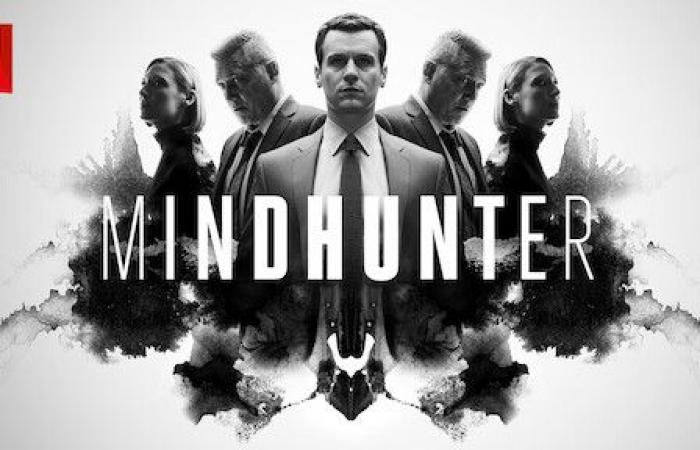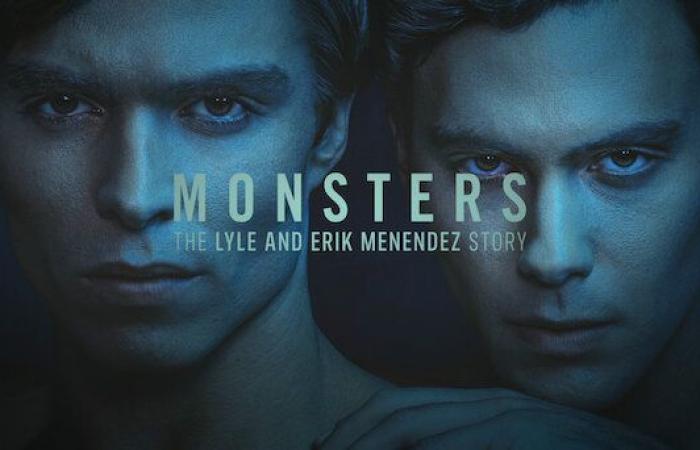Twitter 0
WhatsApp
Facebook 0
Messenger
By: Salaheddine Lalouani*
The Mindhunter and Monster series tackle a common theme: that of serial killers, but they approach the aspect from very different angles. While Monster focuses on emotion and dramatization, Mindhunter takes a more subtle and thoughtful approach, focusing on the psychological analysis of criminals.
Monster, launching in 2022, focuses on the story of Jeffrey Dahmer, a criminal infamous for his sordid murders. The series focuses primarily on the traumatic and shocking events related to his crimes, delivering powerful and visually striking storytelling. However, what’s missing here is a true exploration of Dahmer’s mind. Although the killer’s personal history is covered, the analysis of his motivations remains superficial, and the viewer is confronted more with the dramatic repercussions of his actions than with a real psychological understanding of his behavior.
In the same vein, the second season of Monster deals with the Menendez brothers, accused of having killed their parents. The family aspect and underlying tensions take center stage, but, as with the previous season, the psychological aspect is left aside in favor of dramatic tension. Far from looking in depth at the psychology of the characters, Monster focuses on the emotional effects of their actions and the horror of their story.
Conversely, Mindhunter (2017-2019) follows a completely different path. Far from thrills and the dramatization of crimes, the series focuses on the study of the psychology of serial killers. Following FBI agents Holden Ford and Bill Tench, Mindhunter delves into the world of interviewing criminals in prison in order to better understand their behavior. Characters like Edmund Kemper, Jerry Brudos and Richard Speck are at the heart of these investigations, and the series takes particular care to dissect the mental mechanisms that push these individuals to kill. Far from a simple reconstruction of the facts, each interview becomes an in-depth analysis of the criminal profile, with a clear objective: to learn to identify the warning signs to avoid further murders.
What makes Mindhunter strong is its ability to offer a serious and thoughtful exploration of criminal behavior, with an emphasis on the underlying reasons that push these individuals to act in this way. Unlike Monster, which focuses on violence and emotions, Mindhunter invites the viewer to think more intellectually. The dialogues between the agents and the killers are rich in detail and psychological revelations, offering a unique perspective on the inner workings of the criminal mind. Although Mindhunter has a loyal fan base, it has not achieved the same popularity as Monster, particularly due to its calmer tone and slower pace.
The more spectacular Monster managed to capture mainstream attention by focusing on the dramatic and visually impactful aspects of the murders. Mindhunter stands out for its professional approach and its complex analyses, taking the time to dissect the workings of killers without descending into the spectacular. It invites us to look beyond crime and understand how such behavior can be detected before it turns into tragedy. The cancellation of Mindhunter after only two seasons was a big disappointment for its fans.
Although the series achieved some critical success, it did not have the same commercial impact as other similar productions. Yet she was able to lay a solid foundation and ask critical questions about criminology, identifying danger signs, and how the FBI began developing criminal profiles. These themes are of paramount importance and deserve to be explored further.
The comparison between Mindhunter and Monster reveals a striking contrast: where Monster stages murders in a sensationalist and spectacular manner, Mindhunter chooses to focus on the rational analysis of criminal behavior, with a professional and non-judgmental eye. Mindhunter asks essential questions, such as: why do these people commit murder? How can we recognize the warning signs? And, more importantly, how can we prevent these crimes in the future?
A sequel to Mindhunter would not only be justified, but essential. There is still so much to discover about the psychology of serial killers and how authorities learned to spot these criminal profiles. The series opened a door to a complex universe, but it didn’t have time to explore everything. A sequel would provide a unique opportunity to continue this deep analysis, continue to break down human behaviors, and answer crucial questions that are still largely unanswered.
*Film review
Twitter 0
WhatsApp
Facebook 0
Messenger







